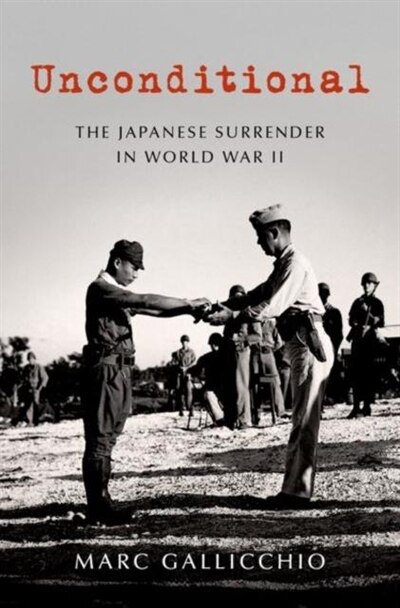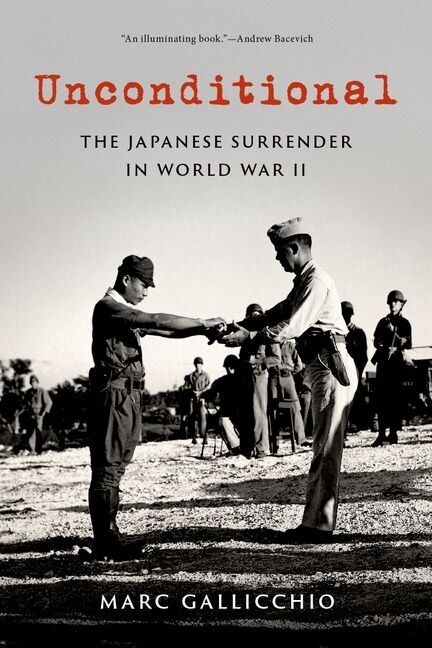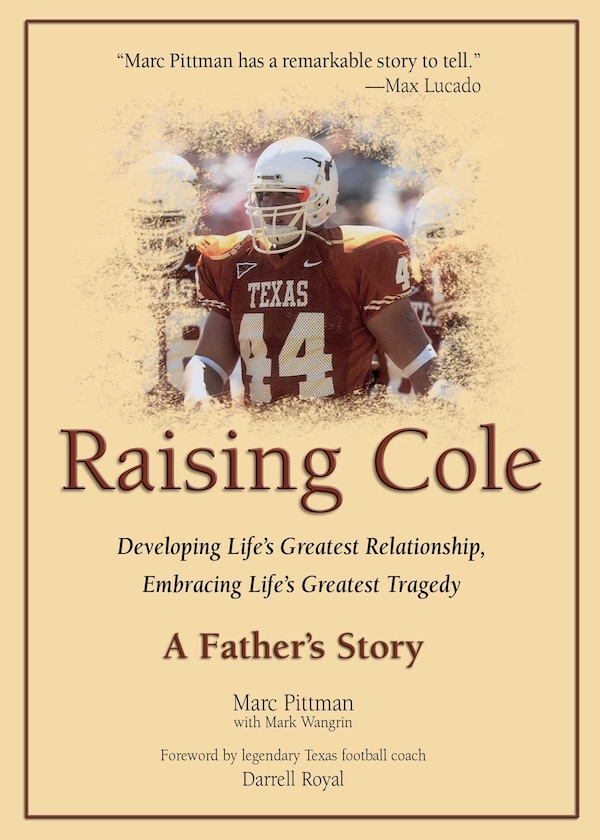
Choice Made Simple!
Too many options?Click below to purchase an online gift card that can be used at participating retailers in Village Green Shopping Centre and continue your shopping IN CENTRE!Purchase HereHome
Unconditional by Marc Gallicchio, Hardcover | Indigo Chapters
Coles
Loading Inventory...
Unconditional by Marc Gallicchio, Hardcover | Indigo Chapters in Vernon, BC
From Marc Gallicchio
Current price: $36.50

Coles
Unconditional by Marc Gallicchio, Hardcover | Indigo Chapters in Vernon, BC
From Marc Gallicchio
Current price: $36.50
Loading Inventory...
Size: 1 x 9.25 x 500
*Product information may vary - to confirm product availability, pricing, shipping and return information please contact Coles
A new look at the drama that lay behind the end of the war in the PacificSigned on September 2, 1945 aboard the American battleship USS Missouri in Tokyo Bay by Japanese and Allied leaders, the instrument of surrender that formally ended the war in the Pacific brought to a close one of the most cataclysmic engagements in history. Behind it lay a debate that had beenraging for some weeks prior among American military and political leaders. The surrender fulfilled the commitment that Franklin Roosevelt had made in 1943 at the Casablanca conference that it be unconditional. Though readily accepted as policy at the time, after Roosevelt's death in April 1945support for unconditional surrender wavered, particularly among Republicans in Congress, when the bloody campaigns on Iwo Jima and Okinawa made clear the cost of military victory against Japan. Germany's unconditional surrender in May 1945 had been one thing; the war in the pacific was another. Manyconservatives favored a negotiated surrender. Though this was the last time American forces would impose surrender unconditionally, questions surrounding it continued through the 1950s and 1960s - with the Korean and Vietnam Wars - when liberal and conservative views reversed, including over the definition of peace with honor. The subject wasrevived during the ceremonies surrounding the 50th anniversary in 1995, and the Gulf and Iraq Wars, when the subjects of exit strategies and accomplished missions were debated. Marc Gallicchio reveals how and why the surrender in Tokyo Bay unfolded as it did and the principle figures behind it, including George C. Marshall and Douglas MacArthur. The latter would effectively become the leader of Japan and his tenure, and indeed the very nature of the American occupation, was shaped by the nature of the surrender. Most importantly, Gallicchio reveals how the policy of unconditional surrenderhas shaped our memory and our understanding of World War II. | Unconditional by Marc Gallicchio, Hardcover | Indigo Chapters
A new look at the drama that lay behind the end of the war in the PacificSigned on September 2, 1945 aboard the American battleship USS Missouri in Tokyo Bay by Japanese and Allied leaders, the instrument of surrender that formally ended the war in the Pacific brought to a close one of the most cataclysmic engagements in history. Behind it lay a debate that had beenraging for some weeks prior among American military and political leaders. The surrender fulfilled the commitment that Franklin Roosevelt had made in 1943 at the Casablanca conference that it be unconditional. Though readily accepted as policy at the time, after Roosevelt's death in April 1945support for unconditional surrender wavered, particularly among Republicans in Congress, when the bloody campaigns on Iwo Jima and Okinawa made clear the cost of military victory against Japan. Germany's unconditional surrender in May 1945 had been one thing; the war in the pacific was another. Manyconservatives favored a negotiated surrender. Though this was the last time American forces would impose surrender unconditionally, questions surrounding it continued through the 1950s and 1960s - with the Korean and Vietnam Wars - when liberal and conservative views reversed, including over the definition of peace with honor. The subject wasrevived during the ceremonies surrounding the 50th anniversary in 1995, and the Gulf and Iraq Wars, when the subjects of exit strategies and accomplished missions were debated. Marc Gallicchio reveals how and why the surrender in Tokyo Bay unfolded as it did and the principle figures behind it, including George C. Marshall and Douglas MacArthur. The latter would effectively become the leader of Japan and his tenure, and indeed the very nature of the American occupation, was shaped by the nature of the surrender. Most importantly, Gallicchio reveals how the policy of unconditional surrenderhas shaped our memory and our understanding of World War II. | Unconditional by Marc Gallicchio, Hardcover | Indigo Chapters


















